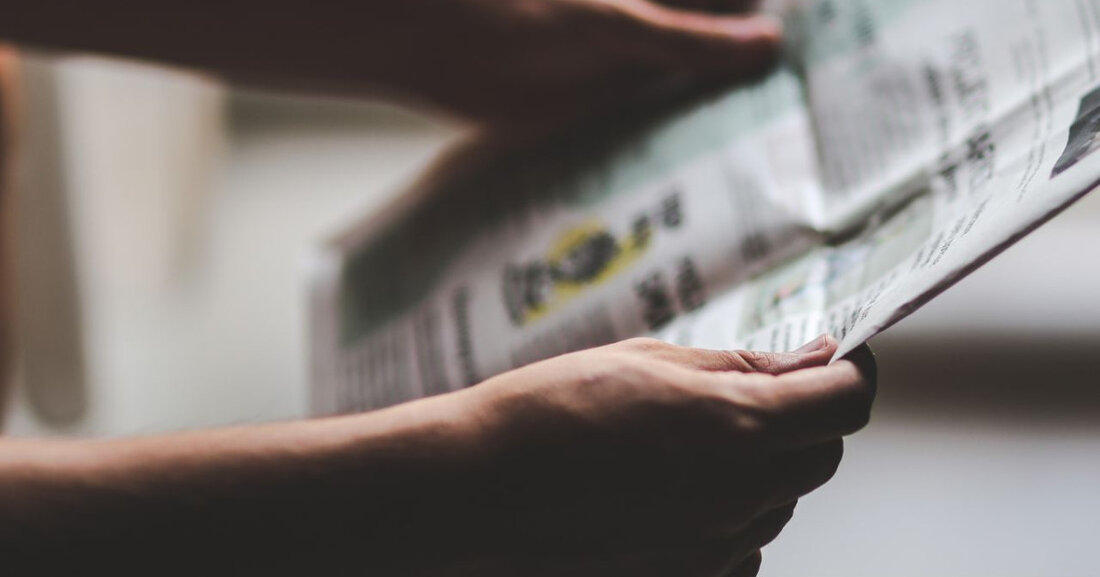New Making Lab at the TU Berlin: Impulses for open hardware!
New Making Lab at the TU Berlin: Impulses for open hardware!
Technische Universität Berlin, 10623 Berlin, Deutschland - The Technical University of Berlin opened a new Making Lab on April 28, 2025, which offers Berlin researchers and students the opportunity to develop prototypes for open hardware solutions. This innovative laboratory is part of the Open.Make project of Berlin University Alliance and is intended to promote free access, which in turn inspires scientific innovation. The focus is on the open source hardware (OSH), which offers significant potential for transparency and reproducibility in research.
The Making Lab is located in the University Library of the TU Berlin and is made by Dr. Robert Mies and Dr. Julien Colomb supervises quality science. It is also a joint project that is borne by both the university library and the Open.Make project. The workshop offers access to a variety of tools, including CNC milling, 3D printers, laser tailors as well as wood and metal processing devices. A soldering station complements the offer for experimental users.
Open hardware and community participation
The LAB is open to projects at Berlin universities and universities, with relatives of the BUA network partners (Free University of Berlin, Humboldt University in Berlin, TU Berlin, Charité) and members of the UDK. In order to be able to use the resources, the hardware developed must be documented and publicly shared as open hardware. This requirement is crucial to strengthen the concept of open hardware.
The Open.make project, which originally ran from 2021 to 2023, will continue until June 2026 under the title "Open.make II". The project manager Prof. Dr.-Ing. Roland Jochem and his colleagues from the Humboldt and Free University of Berlin pursue the goal of establishing new methods and standards for the development and publication of open hardware in an academic context. In addition, the importance of the open hardware became particularly clear during the Covid 19 pandemic, when 3D-printed facial protection shields were used to close production gaps for medical staff.
The role of Makerspaces and open hardware
Makerspaces such as the new Making Lab at the TU Berlin are crucial for the promotion of innovation and community. These community workshops bring people together with different backgrounds and offer a platform to learn, shape and experiment. Open source software (OSS) and OSH are at the center of this cultural movement and ensure lower entry hurdles in the maker scene.
Access to OSS, which is often free, promotes not only creativity and innovation, but also the collaboration within the community. OSH, on the other hand, describes physical devices with public designs, which brings numerous advantages, including lower costs and greater independence from commercial providers. The concept contributes to democratization of production and access to technology.
In view of the social and cultural role of OSS and OSH, it can be seen that these technologies not only produce innovative solutions, but can also contribute to combating digital split and promoting open data and open science. The future -oriented perspectives include the integration of artificial intelligence and the promotion of Citizen Science, with Makerspaces playing a central role in education and qualification.The Making Lab of the TU Berlin thus offers an essential platform to support creative and innovative approaches in research and beyond what not only benefits the students and researchers at Berlin's universities, but also of the entire society.
For more information, visit the websites of TU Berlin , Berlin University Alliance and Makerspaces .
| Details | |
|---|---|
| Ort | Technische Universität Berlin, 10623 Berlin, Deutschland |
| Quellen | |


Kommentare (0)